Thank you for the request. That’s because Chinese grammar is objectively easier than Korean or Japanese grammar.
Now, don’t get me wrong, for an English speaker, learning Chinese to a high level is extremely difficult. The writing systems, as you may know, is a huge challenge because, unlike English, Chinese uses logographs or pictures that mean words. This fact, in addition to Chinese pronunciation, means you have to spend many thousands of hours memorizing Chinese characters.
However, grammatically, there are many things that make it seem simpler to an English learner when compared to Korean or Japanese.
For one, Chinese, like English, has a subject-verb-object structure. This is different from both Korean and Japanese where most sentences are written with a subject-object-verb structure.
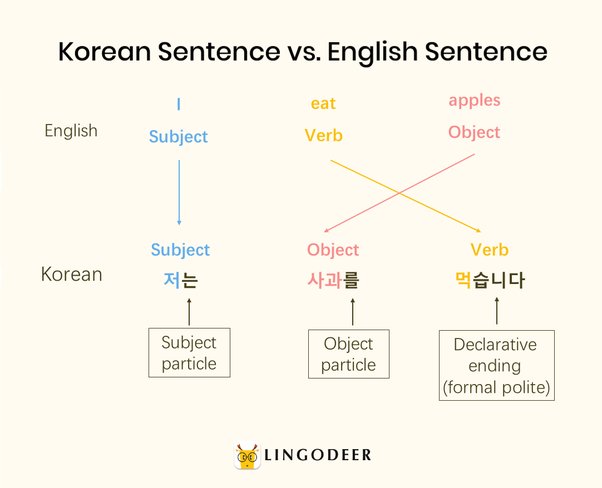
Additionally, unlike in Korean and Japanese, Chinese does not have verb conjugations like in Korean or Japanese.
Korean Connugation of Continuous Tense
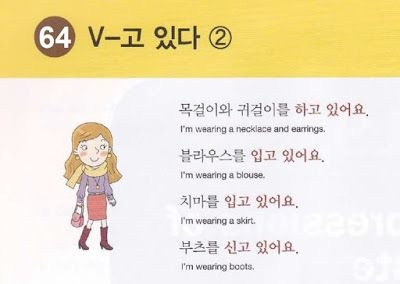
Japanese Conjugation of Continuous Tense
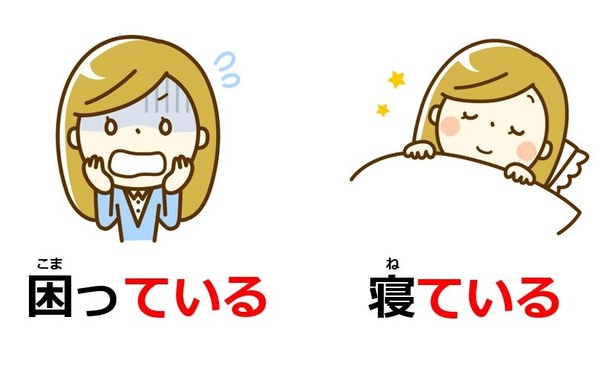
Japanese and Korean also have a lot of honorific language, which stands in contrast to modern Chinese. Most of this language is quite different from the language you would use with a friend, and there are even honorific verb conjugations.
Japanese Honorific Language
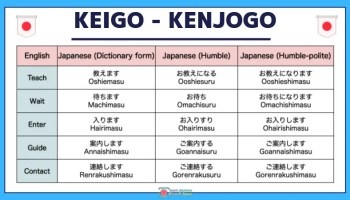
Korean Honorific Language
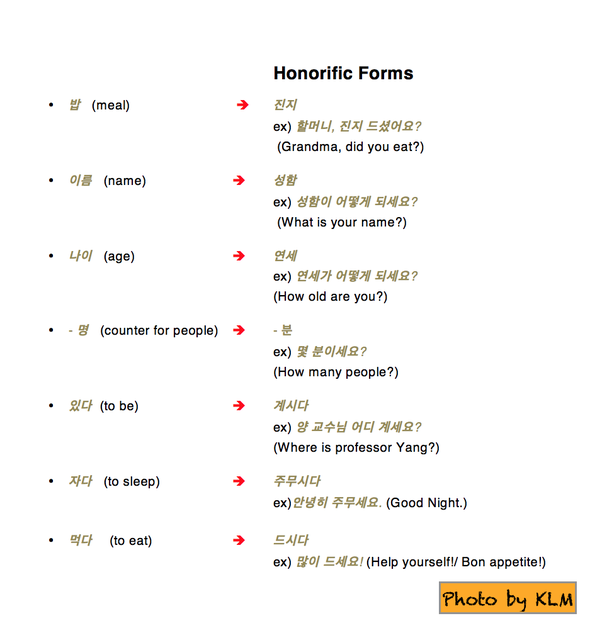
There are, of course, plenty of other factors that make Japanese or Korean grammar seem harder than Chinese, but these are the few I could name off the top of my head.
Hope this helps.